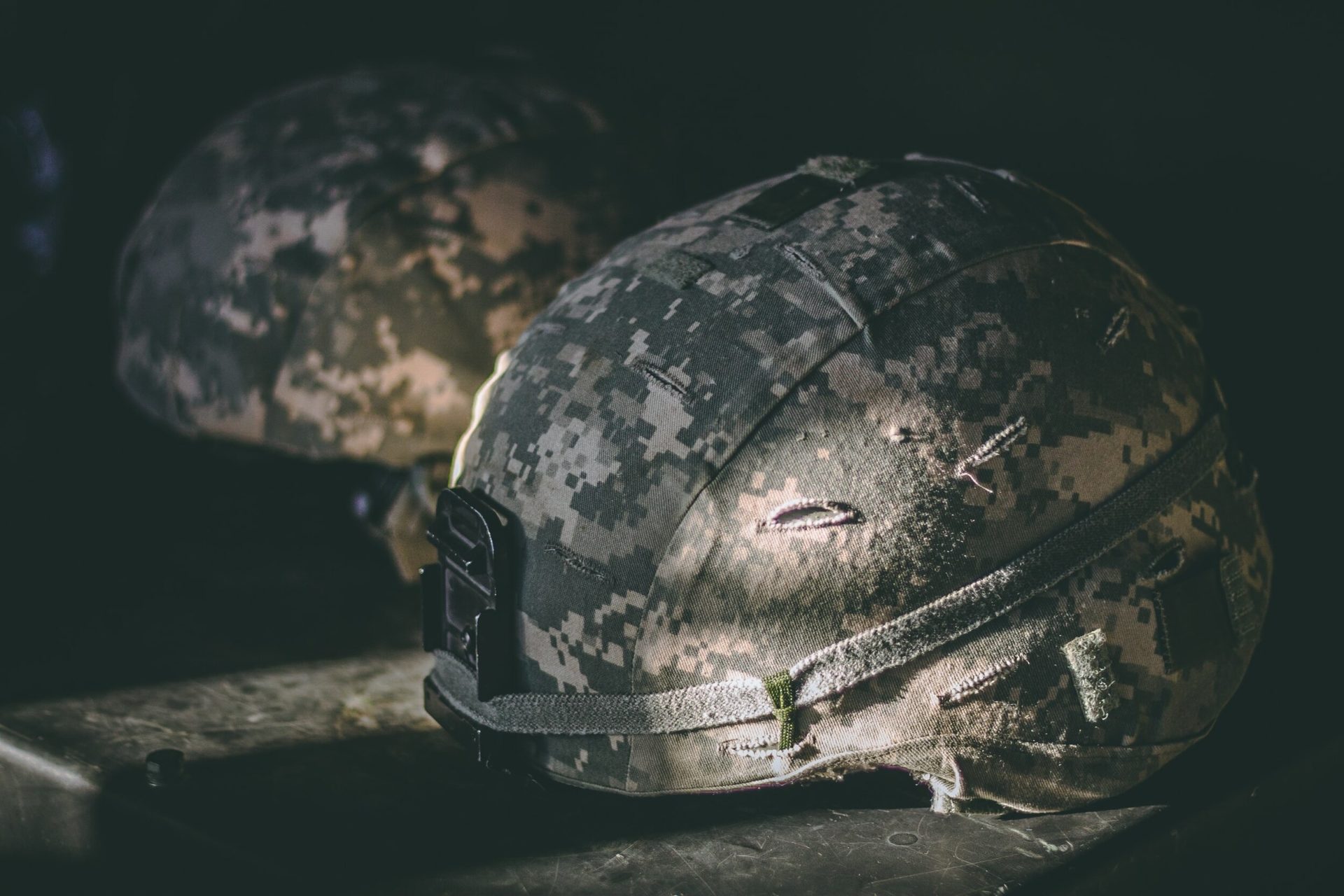
Like a lot of military veterans, I’m feeling the emotional pain of watching Afghanistan crumble to a lightning Taliban attack. It’s unsettling to see Air Force transport plans working through a crowded airfield of refugees to take off. The most stirring images are seeing hundreds of Afghanis jam into one plane shows the drama of that mission – with some falling out of the sky.
Even the most hardened military vets can be taken aback by such images. When the Afghani drama ends, our government has another major issue – dealing with the physical and mental health issues for the thousands of veterans who have served in Afghanistan. The mental health services provided by the military and the VA have been lacking for years, and these events underscore that fact. It’s time for Americans to closely monitor this issue.
There is a common misconception that military veterans can seamlessly rejoin society following their military service – as if they can simply flick a switch and put their service behind them. But that is clearly not the case.
I work with military professionals transitioning to civilian life through the Military Transition Roundtable, a non-profit I formed with another Air Force professional. Many veterans require oncoming support from job training and networking to navigating the complexities of hospital and mental healthcare. Our goal is to meet that demand by providing resources and opportunities after they hang up their uniforms.
When one of our members faces difficulty with a transition issue – such as a job interview or application – the rest of the group helps them prepare and put their best foot forward. Some of our members have never had a civilian job before joining the military and are unfamiliar with the job market like those who have attended university or other pre-professional institutions.
Throughout the pandemic, we have met through a virtual video call every two weeks. Normally these meetings are dedicated to the business at hand, but with the news coverage of the Afghani collapse along with the multitude of social media posts on service in Afghanistan, we focused our meetings on those who served some time in Afghanistan.
Our group has many veterans who served in Afghanistan. Two vets in particular, Dave and Nick, were military engineers building bases and infrastructure for the Afghani government. As an Air Force senior civil engineer, Dave talked about how the culture of Afghanistan differs from the American way of doing things. Nick talked about the losses of his work building bases and the medical injuries that he now suffers from his one-year deployment. Both talked about the anger and sadness that felt after witnessing their work fall into the hands of the enemy they worked to defend against.
When someone like Nick leaves the military, a veteran’s service officer (or VSO) will aid them in the paperwork and processes needed to get financial entitlements and disability payments for any injuries sustained overseas. The VA also has a program where retired military professionals help with PTSD counseling. They serve to provide insight into services and then provide the notes to mental health professionals who can assist them with treatment and therapies.
Not every veteran will get help or apply for their medical disability. Take Devin, my son’s godfather, who served in Iraq in the first conflict. When I met his children to assist them with career networking while in college, his son told me that his father won’t fly in a plane. While flying into Kuwait, Devin’s plane had to make a “combat” landing due to Iraqi attacks against his transport plane. When I talked to him about this, he admitted to me that he hated flying after that experience of dodging missiles against his plane.
Devin’s service in Kuwait was 30 years ago, but he typifies the reluctance of many who need a gentle nudge to get help – perhaps a swift kick in the pants. Many veterans brush aside or ignore the real traumas they experience overseas because they are too selfless or proud to ask for the help they deserve.
But they deserve all the help they need. I’m going to visit him in Minnesota soon, and I’m going to make sure he gets his veteran disability and is connected with a network of veterans who can help him. There exists a hidden trust among those who serve in the military to usually open up and discuss issues, and I hope with their help he may one day be able to fly again in a commercial jet.
Within a group of veterans, former servicemen like Devin can build trust with others who have served. They address the mental health and post-traumatic stress that is common and ultimately encourage each other to work with a veteran service officer to address those issues.
Only one percent of American citizens have served in the military, and an even small portion has served in combat zones like Iraq or Afghanistan. As such, it is imperative that the rest of the American public makes space – both financially and culturally – for the needs of our vets.
So, if you are a non-military American who wants to help, let me suggest several ways…
Above all else, just as I do through the Military Transition Roundtable, we must listen to our vets and suggest that they find help through the many veteran groups that help them. In practice, that means giving vets time off to complete medical evaluations and visits with their VSO. I can assure you that they will appreciate your support.
As a non-veteran, you can also contact your Senator and House Rep. to fund programs that help people like Devin and Nick. If you attend community meetings, ask your local officials to focus on veteran services available locally. Better yet, I’d look at their voting and support of their programs from the perspective of advocacy groups like the American Legion or the Iraqi and Afghanistan Veterans of America. If they are lacking the commitment for those who serve, I’d make sure to vote for the other candidate who supports both federal and state programs.
When I turned 65, the Defense Health Agency told me that my military provider at Camp Bullis would no longer be able to treat me. I was given 60 days to find a new doctor and told to use my Medicare insurance for future treatment. My wife, who is two years older than me was able to continue her medical coverage, and I tried to contact the medical change of command to question this sudden change in policy. Meanwhile, my Camp Bullis physician was not informed about the change in my medical coverage. When I wrote a letter to my senator’s office for help, I got a response that there was nothing he could do to help me.
Veterans like me question the billions of dollars spent in Afghanistan and wonder what our government veteran programs will do to provide medical and mental health care for the many who return home. Now that we have left Afghanistan, our nation’s citizens must help those who served by getting them the help they need. When roadblocks occur because of funding or process issues, we need to contact our elected representatives to get their help in the process.

Matt Scherer
Matt Scherer served in the Air Force for 20 years as a public affairs professional. He co-founded the Military Transition Roundtable, a non-profit that helps veterans with their transition.






